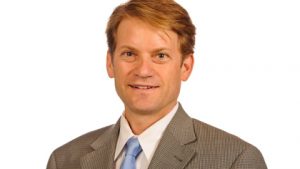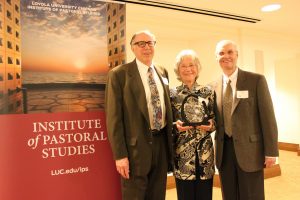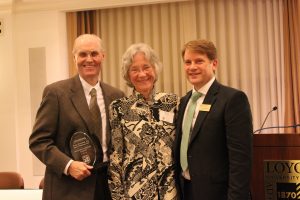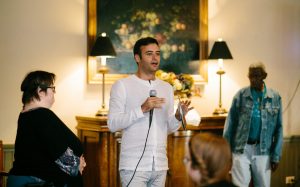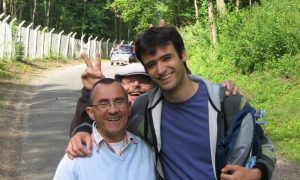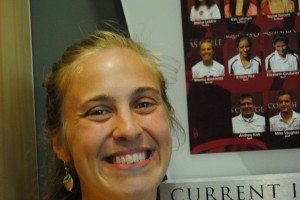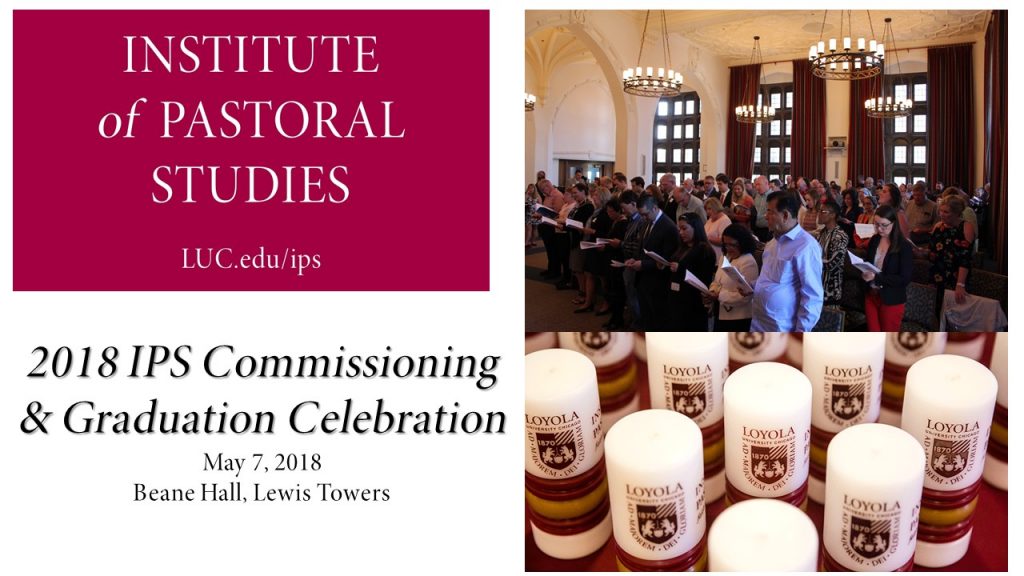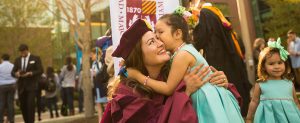September 6, 2017
This past July, the Association of Theological Schools awarded IPS a grant to “develop and implement an innovative and nationally-recognized integrated formation program for students and faculty that includes intercultural competency”. Carol Taliaferro has just joined IPS as Coordinator of Formation to spearhead this strategic mandate.
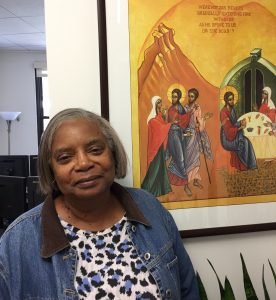 We recently sat down with Carol to talk to her about her journey to IPS.
We recently sat down with Carol to talk to her about her journey to IPS.
What brought you to IPS last spring? What course did you teach? Last spring a position became available for an Instructor for Spiritual Practicum II. One of the faculty members advised me of the vacancy and asked if I would be interested. I said yes, submitted my Curriculum Vitae, had an interview with the Dean, and to my surprise was offered the job as an Adjunct Instructor. As a Spiritual Director, I was very enthusiastic yet a bit anxious about teaching the course as this was my first teaching experience with IPS.
Have you always been involved in the education field? No, I have not always been involved in the education field. In fact, although I have done some informal teaching, IPS was my first professional teaching assignment.
How did that first teaching assignment unfold? As with most new endeavors there are things that you do well and some things that may require some improvement. I really enjoyed my first teaching assignment. I could not have asked for a better class. I only hope that their lives were enriched as much as teaching them enriched mine. I must say that I am truly grateful for the experience. I found that amazing things happen when you allow yourself to be stretched beyond your preconceived capabilities and self-imposed limitations.
What does the term “formation” mean for you? To me the term formation means human, spiritual, intellectual and pastoral preparation for those who are planning to enter ministry.
What drew you to the Coordinator of Formation opportunity here at IPS? What drew me to the Coordinator of Formation opportunity at IPS was being able to help the students to find opportunities that will meet their personal developmental needs as they prepare to take on their ministerial and/or pastoral responsibilities.
What are you most excited for as the Coordinator of Formation? As the Coordinator of Formation I am most excited about getting to interact with the students, faculty and staff. I look forward to working with them and becoming familiar with their needs and doing all I can to assure that they are met. I am excited about piloting a new position in IPS and look forward to meeting and mastering the challenges this entails.
How will the presence of an in-house Coordinator of Formation concretely impact the lives of IPS students, faculty and staff? The presence of an in-house Coordinator of Formation will impact the IPS students, faculty and staff because they will have a direct source to refer to or one contact point when searching for personal formation opportunities. As Coordinator of Formation I will be collaborating with other departments, especially, Campus Ministry and the Division of Student Development and will advise the student, faculty and staff of what is available using social media and/or other forms of notification. I will also be available for personal consultations as requested.
Can you share something about your prayer life practice that a fellow IPS community member may be able to rest in? When I was first contemplating going into ministry, I was talking with a close friend and I told him that I didn’t really think I was ready for ministry, that I didn’t think I was smart enough, because all of the great theologians seemed to be brilliant. So much so, that I didn’t understand anything they were trying to convey. His response to me was “God does not call the qualified, God qualifies the called.” My friend has since passed on, but whenever I am confronted with a new challenge I remember his words. I then stop, take a deep breath, quietly reflect for a moment and trust that God has provided me with all that I need.
How can a member of the IPS family connect with you? The IPS family can contact me at ctaliaferro1@luc.edu.
